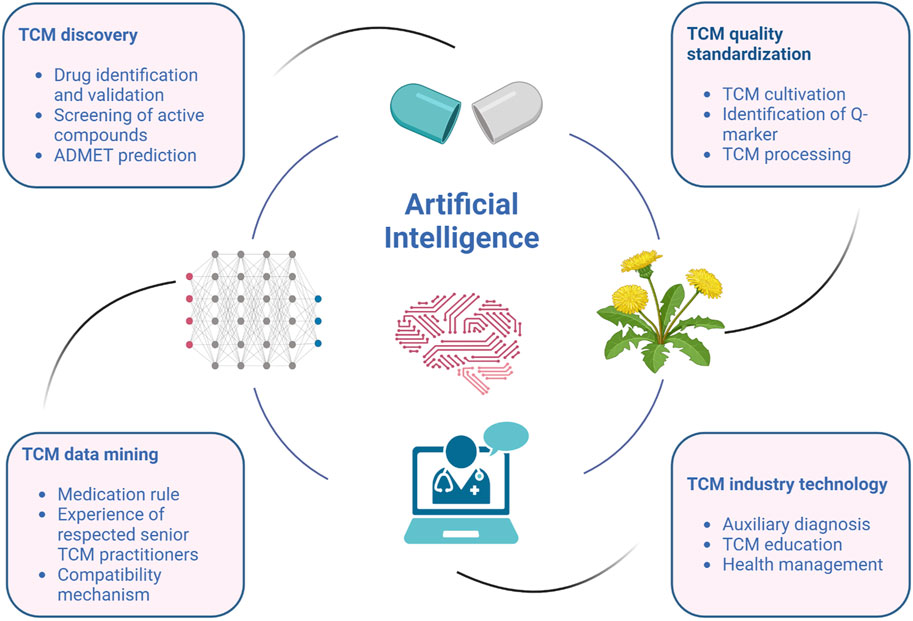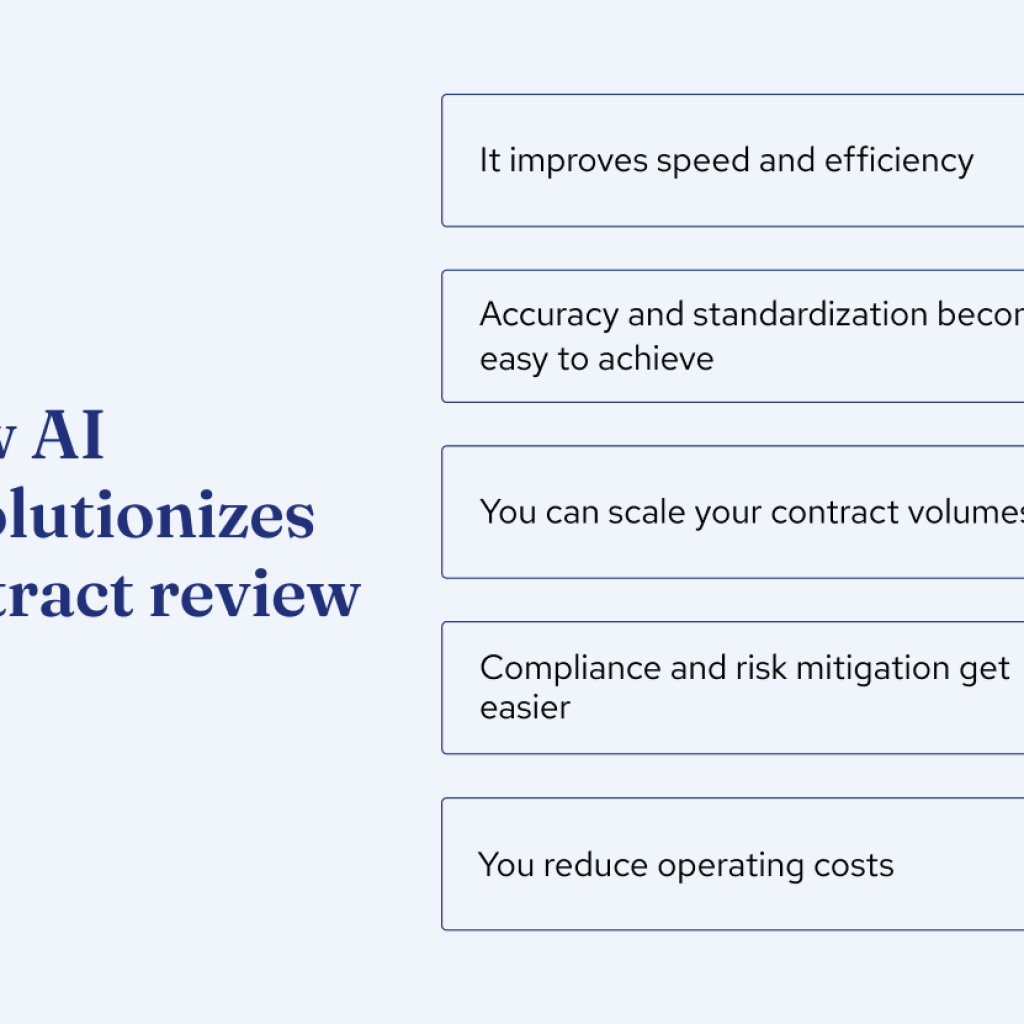In a paradigm-shifting fusion of ancient healing practices and cutting-edge technology, the Center of Chinese Herbal Medicine Drug Development Limited (CHM) in Hong Kong has embarked on a transformative journey. Here, at the intersection of tradition and innovation, AI takes center stage, unlocking the potential of traditional Chinese medicine (TCM) to address pressing healthcare challenges in the United States.
Dr. Lin Chengyuan, the visionary associate director of administration at CHM, unveiled to Interesting Engineering the organization’s bold strategy, where artificial intelligence becomes the bridge to a future where Chinese medicine could reshape the healthcare landscape in the US. This story navigates through the intricate details of this groundbreaking endeavor, exploring how Hong Kong’s AI is poised to weave the fabric of ancient wisdom into the tapestry of modern healthcare.
Bringing traditional Chinese medicine to the US
CHM is adopting a multifaceted approach to usher TCM into the American healthcare scene. Dr. Chengyuan’s revelation about the three-track development pipelines becomes the focal point, each track meticulously designed to address gastrointestinal diseases, a pervasive health concern. The first track is a bold alternative application for chronic constipation treatment, with a pending FDA approval application indicating the project’s advancement. The introduction of 71 TPP in the second track and a customized formula, 105205, for constipation-predominant IBS in the third track underscore the breadth and depth of CHM’s commitment.
Beyond treatments, CHM’s strategic use of Hong Kong AI in the drug discovery process unfolds. The AI scientific team, akin to modern alchemists, crafts new molecules, synthesizes compounds, and evaluates their effects across various models, culminating in the identification of the most potent formulations. Dr. Chengyuan envisions a future where individuals can walk into local Chinese medical stores seeking TCM-based medicines tailored to their unique needs, offering a glimmer of hope to millions grappling with chronic gut disorders.
A 2021 study from the National Library of Medicine, accentuates the broader impact of AI on traditional Chinese medicine. This scholarly perspective outlines how AI’s integration significantly enhances diagnostics, rendering TCM diagnosis more quantitative, objective, and standardized. The resulting consistency, accuracy, and reliability across different TCM practitioners promise a new era of precision medicine, transcending geographical and cultural boundaries.
Other AI healthcare projects
Transitioning to the broader landscape of AI in healthcare, a tapestry of innovation unfolds. The Da Vinci Surgical System at the University of California San Francisco emerges as a testament to AI’s role in shaping the future of medical education and surgery. Alyssa Murillo’s immersive experience provides a glimpse into the transformative power of AI-driven surgical robots, dispelling myths about job replacement and emphasizing the symbiotic relationship between technology and human expertise.
The exploration extends to AI chatbots providing mental health advice, offering a more accessible and affordable alternative to traditional psychiatric consultations. Cautiously acknowledges the potential pitfalls, emphasizing the need for responsible application and oversight to prevent harm.
Embracing tomorrow’s healthcare through AI and tradition
In this intricate dance between tradition and technology, the Center of Chinese Herbal Medicine Drug Development Limited’s pioneering integration of AI into traditional Chinese medicine stands as a testament to human ingenuity. As we witness the emergence of a new era in healthcare, the potential for TCM to find a place in the diverse healthcare landscape of the United States becomes a tangible reality. Dr. Chengyuan’s vision of TCM-based medicines reaching millions with chronic gut disorders is not merely a dream but a promising trajectory towards a healthier future.
As AI continues to unfurl its wings in healthcare, the transformative journey embarked upon by CHM raises a pivotal question: Can these advancements strike a delicate balance between accessibility and reliability, ensuring equitable healthcare for all? The answer lies in the hands of those steering the course of innovation, urging a conscientious approach to harnessing the full potential of AI in reshaping the healthcare narrative.





